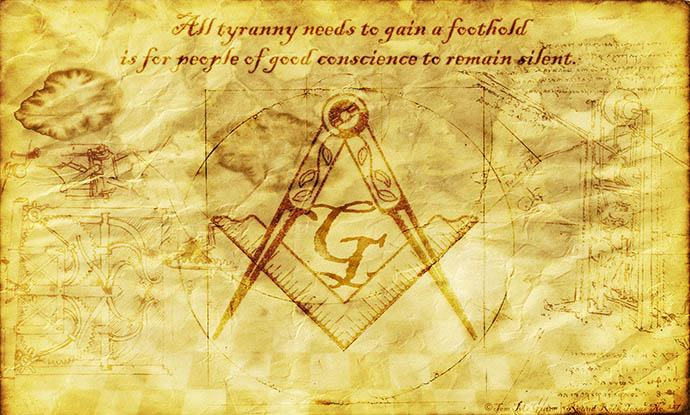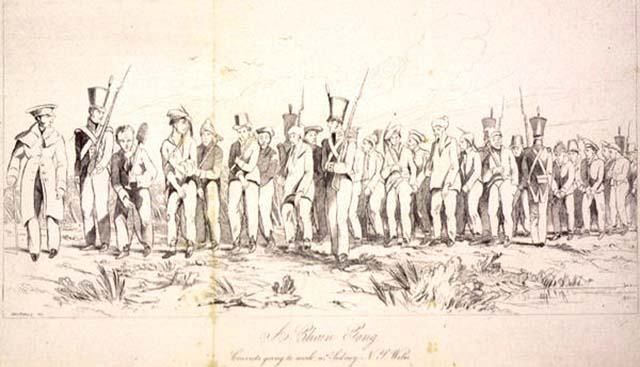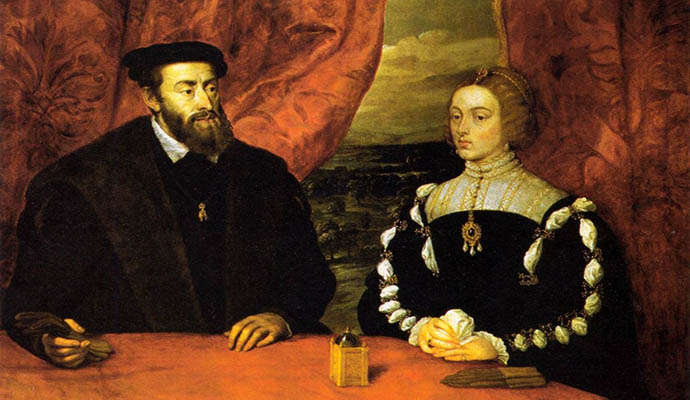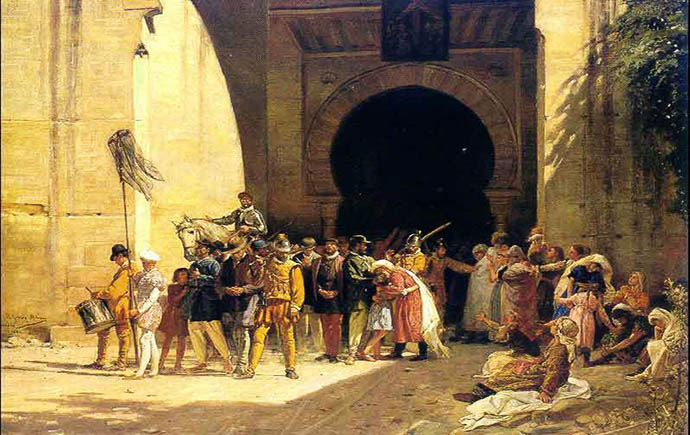
Eventually ceremonies and symbolics of a freemasonry were transformed. Also tasks which boxes set for themselves changed. In particular masons were fond of policy more and more. It could not but affect success of their esoteric researches. “The real behavior of brothers masons did not correspond to the ideals preached by them at all”, – stated Moramarko. Though separate boxes, and especially – Russian, very much tried to file the adherents of knowledge of a world order and to help them to become “new people”, it worked well extremely seldom. “It is necessary, – the prince Vladimir Odoevsky wrote, – that the person first of all thought what benefit will be brought by his work for mankind, in the second – about advantage for the native state, in the third – of advantage for the friends and relatives, and only in the last turn about own advantage. Our situation is just the opposite”. Excessive politicization of the Masonic movement forced some adherents of purely spiritual occupations “to gemmate” from the Award and to base own boxes. So for example there was society of Martinists. About the 1760th year somebody Martinets de Pascoilis, the baptized Jew, based in Paris and several other cities “A brotherhood of perfect priests” of “Elus Cohens”. In the program work “The treatise about Reintegration of beings in their initial properties, qualities and forces, spiritual and divine” de Pascoilis preached a peculiar mystical pantheism with Gnosticism impurity. The essence of its theory consisted in the following. In the beginning all beings, – de Pascoilis wrote, – were in the God’s bosom. The person created by God fell but seeks to return the former state, and for this purpose he has to identify the will with will of God and therefore to merge good luck. For the Brotherhood de Pascoilis established nine extents of dedication divided into three classes. A class first – the pupil, a journeyman, the master, the great elect and the pupil Cohen. The second class – a journeyman Cohen the master Cohen is a great architect and the knight commodore. The third highest class – the knight of a gold and pink cross, that is actually – the Rosicrucian. In the 1765th year the Great box of France rejected de Pascoilis’s doctrine and refused to accept his boxes that did not prevent Martinists to continue the researches. After de Pascoilis’s death in the 74th year society was headed by the marquis Louis-Claude de Sen-Marten – the retired military, the philanthropist and the mystic. It reorganized school on a mystical harmony and simplified ritual of dedication to one degree: “The highest Unknown”. In the 1773rd year there was its book “About delusions and truth. The composition of the unknown philosopher” then Saint Martin differently as the Unknown philosopher was also not called. In this book he criticized the existing religions and the political power. Religions were condemned by it for the variety testifying to their falsehood. The political power is criminal in the basis owing to the same distinction and senseless collisions. The civil and criminal code are blind and passing guilty persons, punish the innocent. Opposed to a gloomy picture of general decline of Sen-Marten the live image of natural state of general equality which proceeded until the person did not abuse the free will. The only rescue for the fallen person in love to all living in this world. Only the one who towers the desire to make people happy and ability to love and has to possess the power natural equality will not return yet. All theoretical provisions of Saint Martin were imbued with one idea – idea of good. The prime moral target of the person as Martinists considered, consists in a unification good luck; and it is reached by dismissal from all sensual and material. Not surprisingly therefore that the Martinism well got accustomed also on the Russian soil. The Russian intellectuals were always inclined to adoption of the theories declaring general equality and drawing colourful pictures of utopian society in which all of us will live if all of us learn to be released. The fact that the theory of Saint Martin was based on fancy mix from occult ideas of Gnostics of Templars and Rosicrucians had no value – on the contrary attracted with the exotic. Martinists by the way not for long adhered to policy of conscious discharge from affairs of big-time politics. Further succession of events will show us that they not only willingly cooperated with the state organizations but also tried to influence policy of the whole powers among which there was also Russia. At the end of the 19th century the Award of Martinists was headed by Gerard Encosse known to us according to books about magic signed with a pseudonym doctor Papyus. He organized dedication the column to Valerian Valerianovich Muravyyov-Amursky, the first Russian Martinist. Being a military attache in France, Muravyyov-Amursky was fond of an occultism and found application for the hobby soon, on Papyus’s instigation having based a Martinist box in St. Petersburg. Doctor Papyus visited Russia in the 1902nd year where he found a great number of admirers. There it was presented to the emperor Nicholas II wishing to learn the future of Russia. He acquainted the tsar with the medium Philip from Lyon who played a considerable role in the history of Russia. Nicholas II struck with supernatural abilities of the Lyons magician invited that to move to St. Petersburg, having promised a prestigious position of the physician of Military Academy and the general’s rank. Philip did not force itself to ask long. Soon the resident of Lyons already defines foreign and military policy of the Russian Empire. On mediumichesky sessions Philip at the request of the tsar caused spirit of Alexander III advising to Nicholas II to support the union with France and pushing him to war with Japan. Having spent spring and summer of the 1903rd year together with Nicholas II’s family in Livadiya, Philip was forced to return home on November 25 to himself as the spiritualistic sessions held under his management harmfully were reflected on health of the empress. In several years after Philip’s death (1905) the empress not only did not forget it, but also mentioned in the letter to Nicholas II as one of two friends sent us by God the second friend was meant, of course, as Grigory Rasputin. The Supreme Council of Martinists was not satisfied with small activity of Muravyyov-Amursky preferring to politicize not so much, how many esoteric researches. Therefore to it found replacement in the person of a certain Czeslaw von Tschinski, the massage therapist and the hypnotist. On July 9 the 1910th year a background Tschinski handed to the city’s mayor of St. Petersburg the statement for the appointment as the member of the Supreme Council Ordena of Martinists and the General delegate Ordena in Russia. However this mister forgot to provide the charter of association without what its legalization was impossible. However Tschinski was an open-minded person, and lack of the corresponding papers did not prevent it to develop tireless activity. And favor of an imperial family promoted strengthening of position of Tschinski in the high society.




Leave a Reply